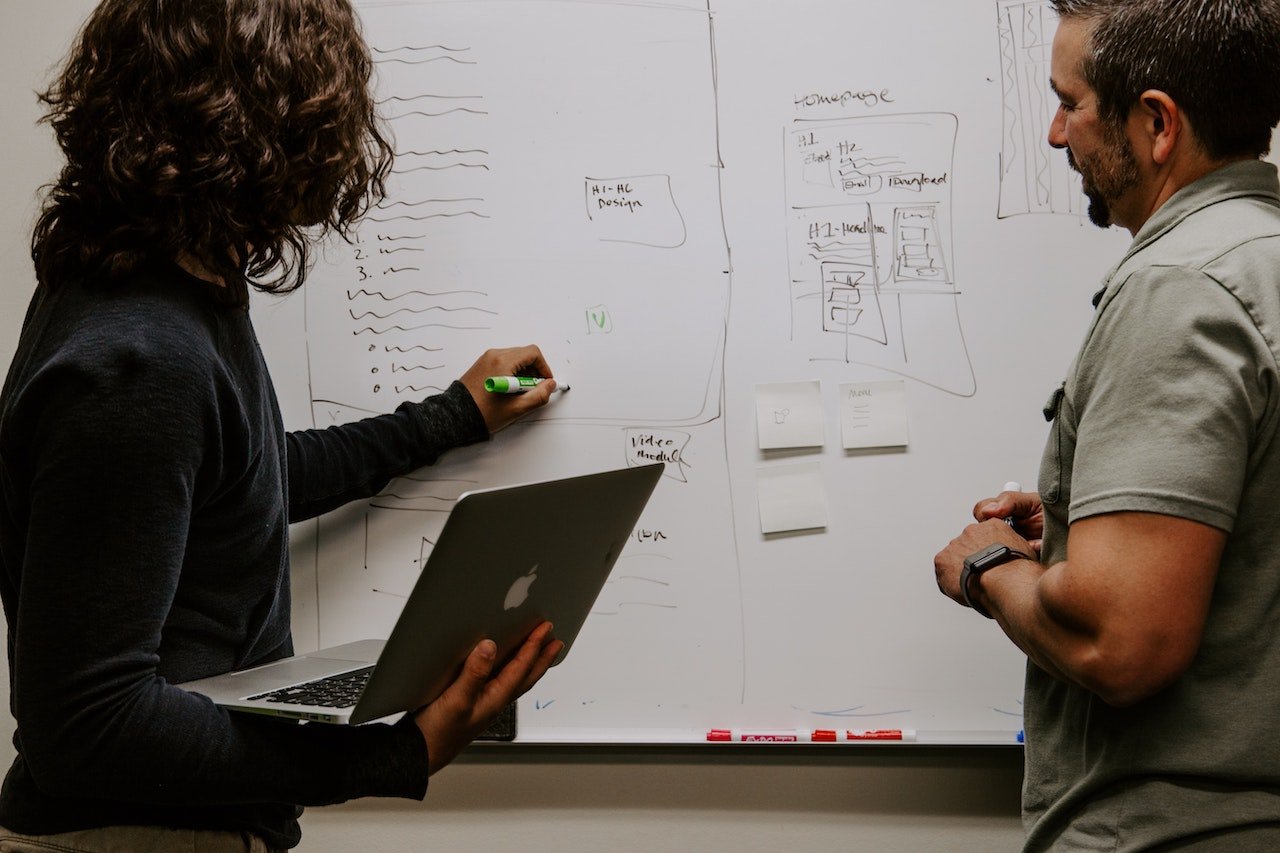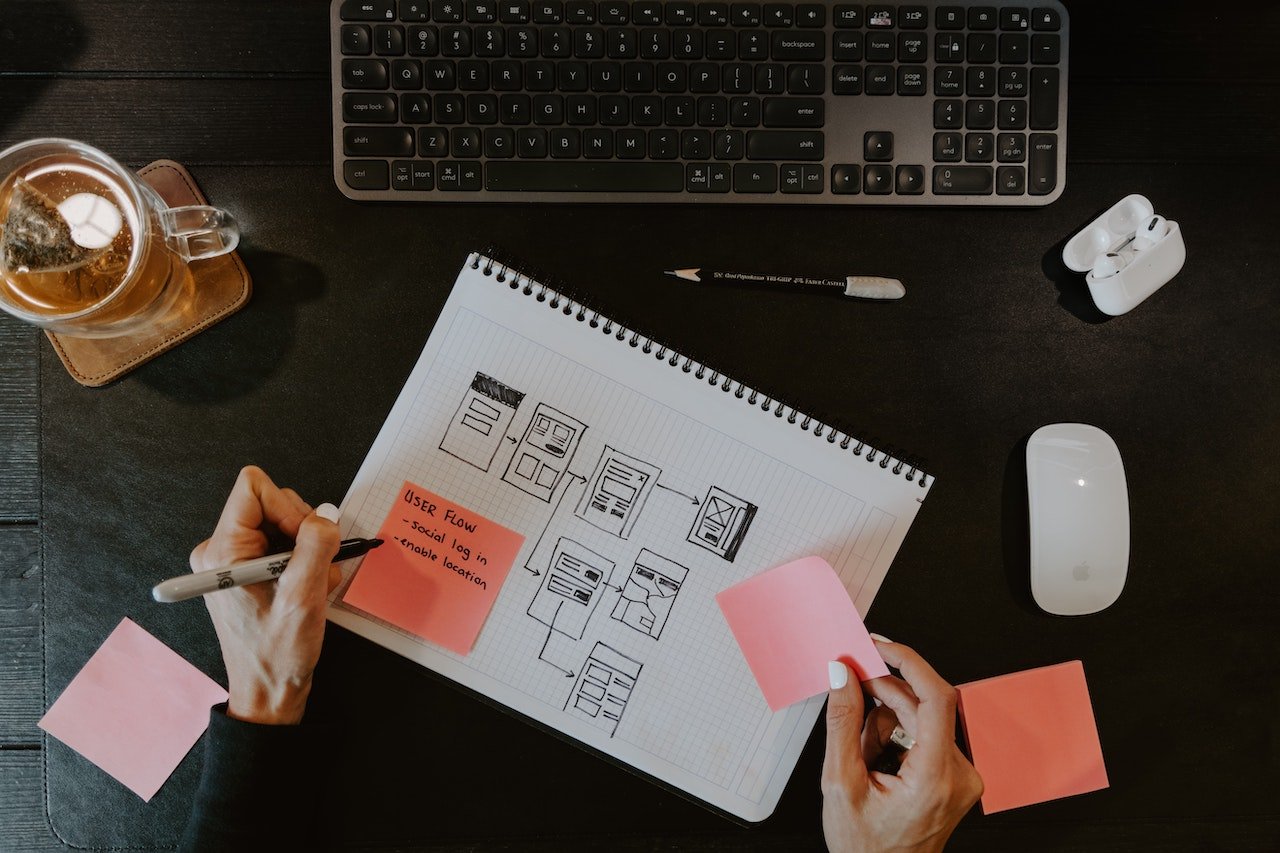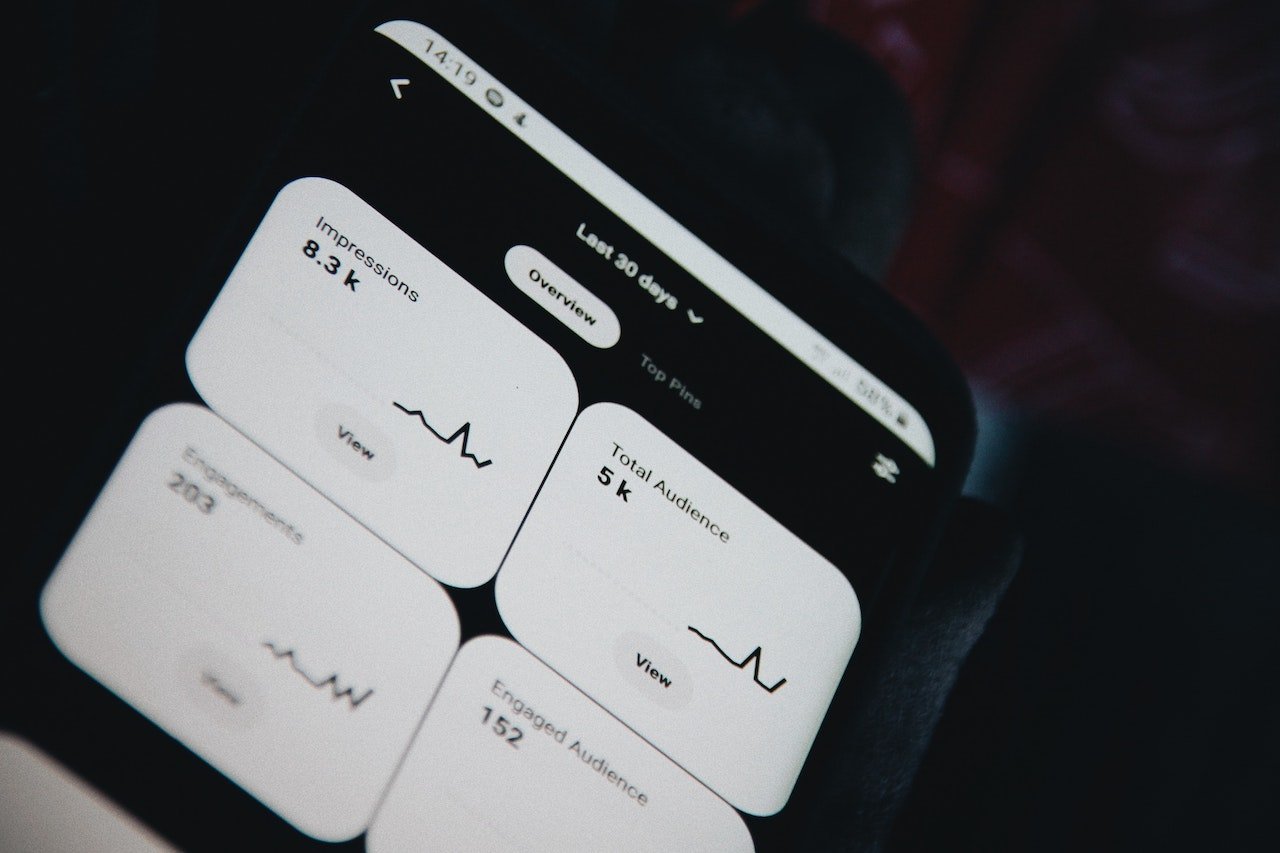We Apply Proven Models for the App Ideation Process to Make Beautiful and Easy to Revolutionise Everything
Ideation is a step-by-step process through which we brainstorm and refine features and benefits finalized in the proposal phase. We use design thinking, business model development and agile tools to brainstorm and compose solutions that solve the problem most effectively. We identify specific elements of your product that will create a significant impact.
Step One
Identify the opportunity
We make an effort with an open mind and guided process to discover new ideas and approaches to solve the customer problem in a meaningful way.
- We use the 5 Whys, Fishbone Diagrams, and the Cause and Effect Matrix to identify the real problem.
- Using brainstorming techniques, we generate ideas and solutions to problems by freely generating thoughts and ideas without any constraints.
- We conduct a SWOT analysis to identify the strengths, weaknesses, opportunities, and threats related to the opportunity.
- Pareto analysis helps us find the most important features to make our solution unique.
- Gap analysis guides us to identify the difference between current and desired solutions to develop a plan to bridge the gap.


Step Two
Research and Gather Information
We collect data and analyze the context using various outlets to determine the potential.
- Search credible sources on the internet to find more in-depth information about the idea.
- Use research papers by industry associations, firms and scholars
- Conduct interviews with target customers, stakeholders and subject matter experts
- Finding details about the competitive and adjacent products and offerings
- Expert consultation in related fields to get valuable insights for understanding the complexity
Step Three
Generate Ideas
We experiment with several techniques to further investigate the problems we are trying to solve and find the solutions that work best for you.
- We use mind mapping to putting in the center the main idea and features representing related solutions
- The SCAMPER technique helps generate ideas by asking questions about specific aspects of a product or process
- ERRC grid guides us to Eliminate, Raise, Reduce, and Create features and benefits to unlock uncontested opportunities
- We prepare value propositions to establish the absolute relevance of ideas to solve the problem of the target customer


Step Four
Evaluate and Refine
In this phase, we evaluate and refine the ideas in the context of it being practical and realistic, given the resources and constraints.
- We evaluate the potential impact by analyzing what benefits the idea will bring and how it will address the problems you are trying to solve
- We address the potential downsides and constraints we may face while implementing the ideas
- We seek feedback on facts and perspectives from a diverse group of people, including stakeholders
- We compare with alternatives to choose the most promising and effective features
Step Five
Test and Validate
We combine the specific requirements discussed during our call, define the project’s scope carefully evaluate the boundaries, limitations, and capabilities the product should have as part of the development.
We review the documents to ensure that the project remains aligned with the needs and goals of the stakeholders.


Step Six
Develop Plan And Finalize
By now, we get a more realistic view of the project and the resources required for successful development and launch. We prepare and share the development and launch plan to finalize it.
- We present goals, objectives, deliverables and constraints if any
- Our plan breakdowns the project into milestones, tasks and timelines
- We prepare technology requirements and solution architecture
- We transparently share the project plan and tracking access






